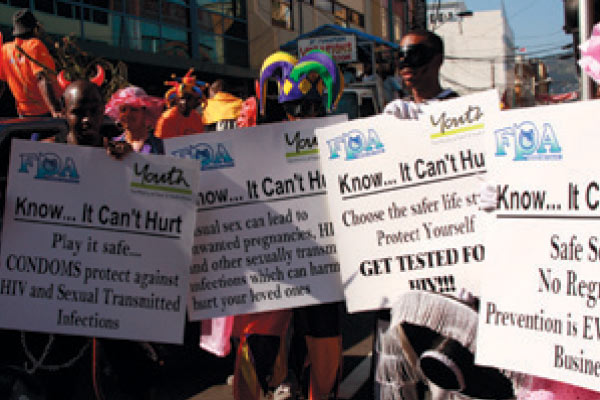The announcement, in Parliament on January 16, by Education Minister Dr Tim Gopeesingh, that in the past four years seven primary school girls had to leave school because of their pregnancies should come as no surprise. In any society, anywhere in the world, young people are curious about sex. When that curiosity is not satisfied with correct and age-appropriate information, even children seek to find out more by whatever means they have at their disposal, including having sexual experiences.
Children and teens are not and cannot be expected to be asexual. Despite the squeamishness of adults regarding the topic of minors and sex, young people are exposed to sex all the time in their environments. Sex is everywhere: in the films and television we watch, the music we listen to, even the clothing we wear; children, as members of the society, are not inured to it by virtue of their age and innocence. How then do we protect them from underage sex and its life-changing repercussions?
It is the position of the Family Planning Association of Trinidad and Tobago (FPATT) that the implementation of comprehensive sexuality education in primary and secondary schools would contribute significantly to the protection of our children.
Comprehensive sexuality education is a process through which young people can acquire information and form attitudes and beliefs about sex, sexual identity, relationships and intimacy. It can also help them to develop their skills so that they can make informed choices about their behaviour and feel confident and competent about acting on the choices they make, while at the same time helping them to protect themselves against abuse, exploitation, unintended pregnancies and sexually transmitted diseases, including HIV and AIDS.
Trinidad Newsday – Read the full story

